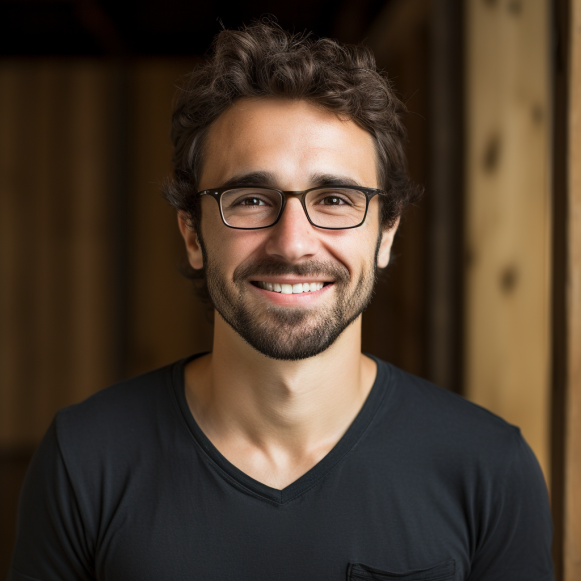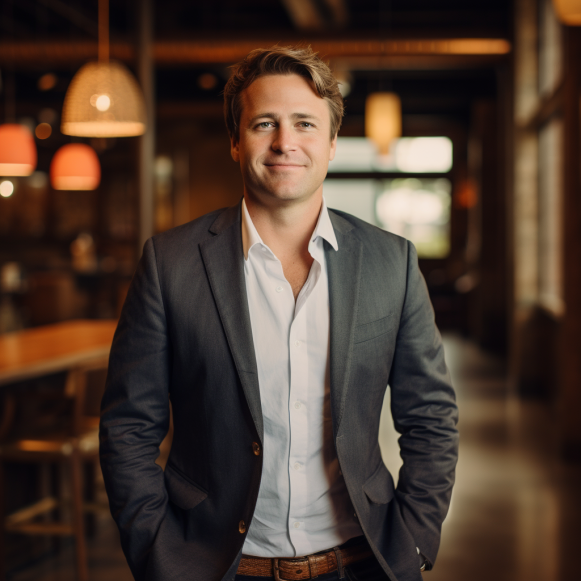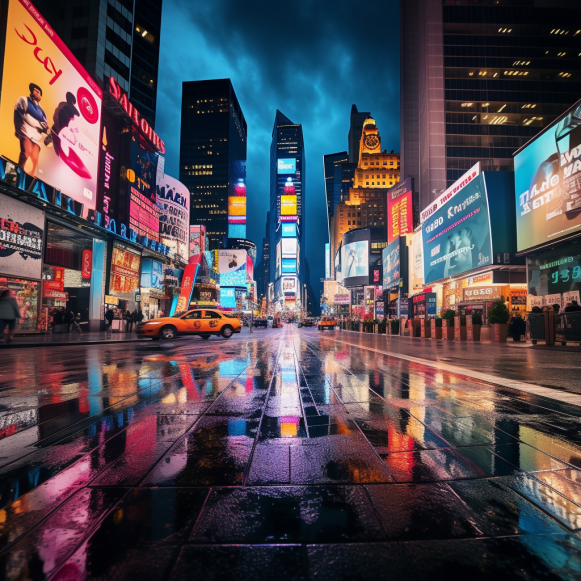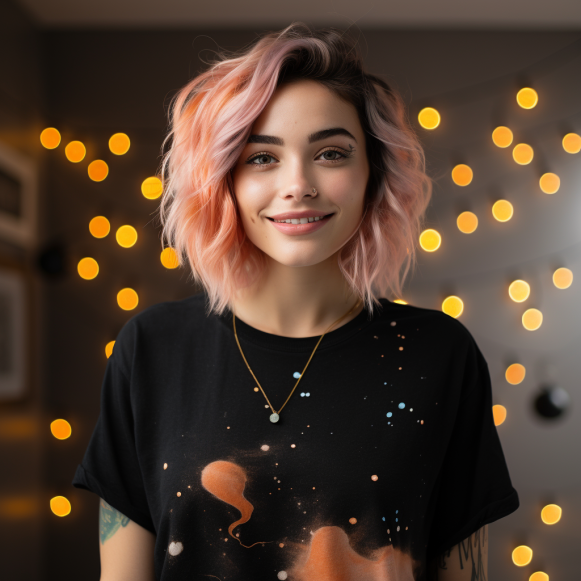The CEO of $800 million startup SuperOrdinary explains why he’s betting on live shopping and creators as it raises new funding to expand

- SuperOrdinary is a brand accelerator that acquired creator-monetization startup Fanfix in 2022.
- After raising a $58 million Series B, SuperOrdinary is betting on live shopping and creators.
- Insider spoke with founder and CEO Julian Reis about the startup’s path toward unicorn status.
SuperOrdinary aspires to be the next unicorn to emerge from the creator economy, and it is banking on live shopping and influencers to get there.
The brand accelerator and creator monetization startup recently received a $58 million Series B investment round, valuing it at over $800 million.
SuperOrdinary, which officially launched in Shanghai in 2018 and plans to open its Los Angeles headquarters in 2021, is on track to “turn profitable,” according to CEO and founder Julian Reis.
“We have a very clear vision over the next couple of years where we see the market going, and the creator economy is a very large part of that,” Re is quoted as saying.
SuperOrdinary paid an eight-figure sum for the creator-monetization startup Fanfix last year, which has proven beneficial to SuperOrdinary, as Fanfix has grown its business 12-fold.
“When we first acquired Fanfix, a lot of people questioned me and said, ‘Why would you do that?'” Reis stated. “The ecosystem we are building is really a one-stop shop.”
In addition to Fanfix’s creator-membership tools, SuperOrdinary currently offers services to scale brands’ global presence, an e-commerce platform curated by creators called Galagala, and a digital-talent-management arm.
“We’re able to work with each creator independently and understand their needs,” Reis said.
He also stated that SuperOrdinary intends to assist US-based creators and brands who want to sell products via livestreams in the Chinese market.
“We’re uniquely positioned to do that since we have operations in both countries,” he told reporters.
Reis stated that the Series B funding would be used to invest in people (the company currently employs 500 people), technology (it has increased its engineering staff by 300% since last year), and working capital for inventory.
“Over the next couple of years, we have very aggressive revenue and profitability goals,” Re is quoted as saying.
Why is SuperOrdinary optimistic about live shopping?
While live shopping has had a lukewarm reception in the United States, SuperOrdinary sees itself as a potential game changer.
“SuperOrdinary has been live shopping or livestreaming since the beginning of the company,” Re is quoted as saying. “I believe we are experts in it.” We’ve established a reputation as one of the largest livestreamers in the world, primarily on platforms like TikTok.”
TikTok has doubled down on its shopping features in the last year, bringing TikTok Shop to the US after testing the product in the UK and other markets such as Indonesia (though the feature has since been banned in Indonesia). Since then, the ByteDance-owned company has attempted to entice creators with cash bonuses and customers with discounts. Insider reported in October that TikTok intends to promote “key livestreams” as part of its Black Friday strategy.
“We’re in a very unique time in the world, especially in the US, and we see the consumer is spending a lot more time on the platform,” said Reis. “We started live streaming in the US already, and we continue to lean into it.”
The key to breaking into live shopping, according to Reis, is fine-tuning the experience for the American consumer.
“We really think that the consumer here is slowly moving across to more entertainment-style shopping,” Re is quoted as saying.
Nonetheless, according to a recent Insider Intelligence survey conducted by Bizrate Insights, approximately 58% of US adult respondents said they “neither used nor are interested in live shopping,” while only 19% said they were “somewhat or very interested.”
Qualities that SuperOrdinary seeks in creator-founded brands
Since 2020, content creators have been launching brands left and right, some on their own and others in collaboration with a larger company.
However, not all creator-founded brands have had happy endings. For example, Sephora dropped Addison Rae’s Item Beauty line, and the TikTok celebrity announced her departure from the brand. MrBeast’s ghost-kitchen burger joint also failed due to poor reviews and a lawsuit filed by MrBeast against the ghost-kitchen partner.
“Oftentimes, when you have good creative brands, the product itself is not good,” Reis said of the creator brand ecosystem as a whole.
However, SuperOrdinary still sees creators as potential founders. According to the company’s website, the company has collaborated with creator-founded brands such as Jen Atkin’s haircare brand Ouai and David Yi’s skincare brand Good Light.
Reis believes that “authenticity between the creator and the product they’re selling” is critical when it comes to building a brand.
“This goes true with celebrity brands, not just creators,” Re is quoted as saying. “How many skincare and makeup celebrity brands have we seen that come in and have gone?”
SuperOrdinary works with brands that have already generated $10 million in revenue, which Reis clarified is “not a fixed number,” but rather “a guidance” to streamline what stage a brand should be in if the company decides to take them on. Brands with $10 million in revenue or more are more likely to have a successful social media presence, a solid team, and the ability to work with SuperOrdinary, he said.
“Our job is to truly understand the brand, understand the meaning, the DNA of a brand, and really help accelerate that brand globally,” Re is quoted as saying. “We have hundreds of channels that we work with, and it’s all heavily dependent on the brand itself.”






